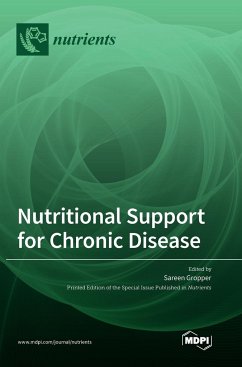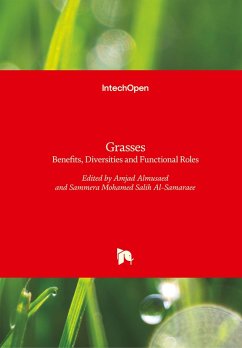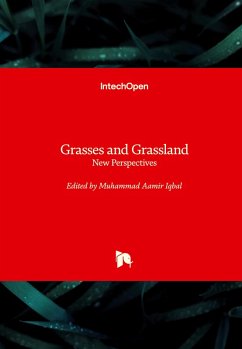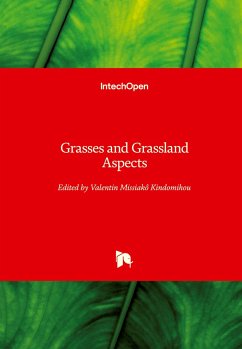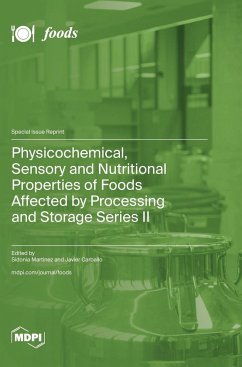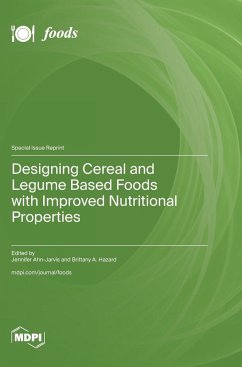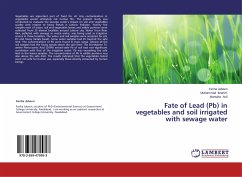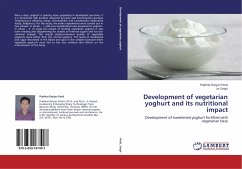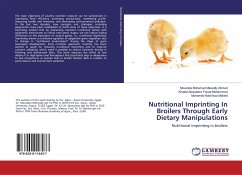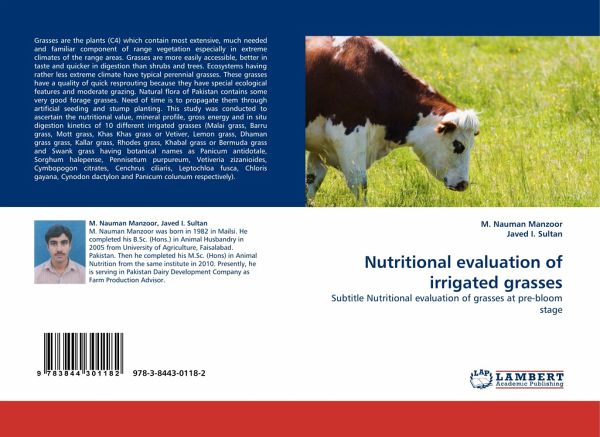
Nutritional evaluation of irrigated grasses
Subtitle Nutritional evaluation of grasses at pre-bloom stage
Versandkostenfrei!
Versandfertig in 1-2 Wochen
32,99 €
inkl. MwSt.

PAYBACK Punkte
16 °P sammeln!
Grasses are the plants (C4) which contain most extensive, much needed and familiar component of range vegetation especially in extreme climates of the range areas. Grasses are more easily accessible, better in taste and quicker in digestion than shrubs and trees. Ecosystems having rather less extreme climate have typical perennial grasses. These grasses have a quality of quick resprouting because they have special ecological features and moderate grazing. Natural flora of Pakistan contains some very good forage grasses. Need of time is to propagate them through artificial seeding and stump pla...
Grasses are the plants (C4) which contain most extensive, much needed and familiar component of range vegetation especially in extreme climates of the range areas. Grasses are more easily accessible, better in taste and quicker in digestion than shrubs and trees. Ecosystems having rather less extreme climate have typical perennial grasses. These grasses have a quality of quick resprouting because they have special ecological features and moderate grazing. Natural flora of Pakistan contains some very good forage grasses. Need of time is to propagate them through artificial seeding and stump planting. This study was conducted to ascertain the nutritional value, mineral profile, gross energy and in situ digestion kinetics of 10 different irrigated grasses (Malai grass, Barru grass, Mott grass, Khas Khas grass or Vetiver, Lemon grass, Dhaman grass grass, Kallar grass, Rhodes grass, Khabal grass or Bermuda grass and Swank grass having botanical names as Panicum antidotale, Sorghum halepense, Pennisetum purpureum, Vetiveria zizanioides, Cymbopogon citrates, Cenchrus ciliaris, Leptochloa fusca, Chloris gayana, Cynodon dactylon and Panicum colunum respectively).




